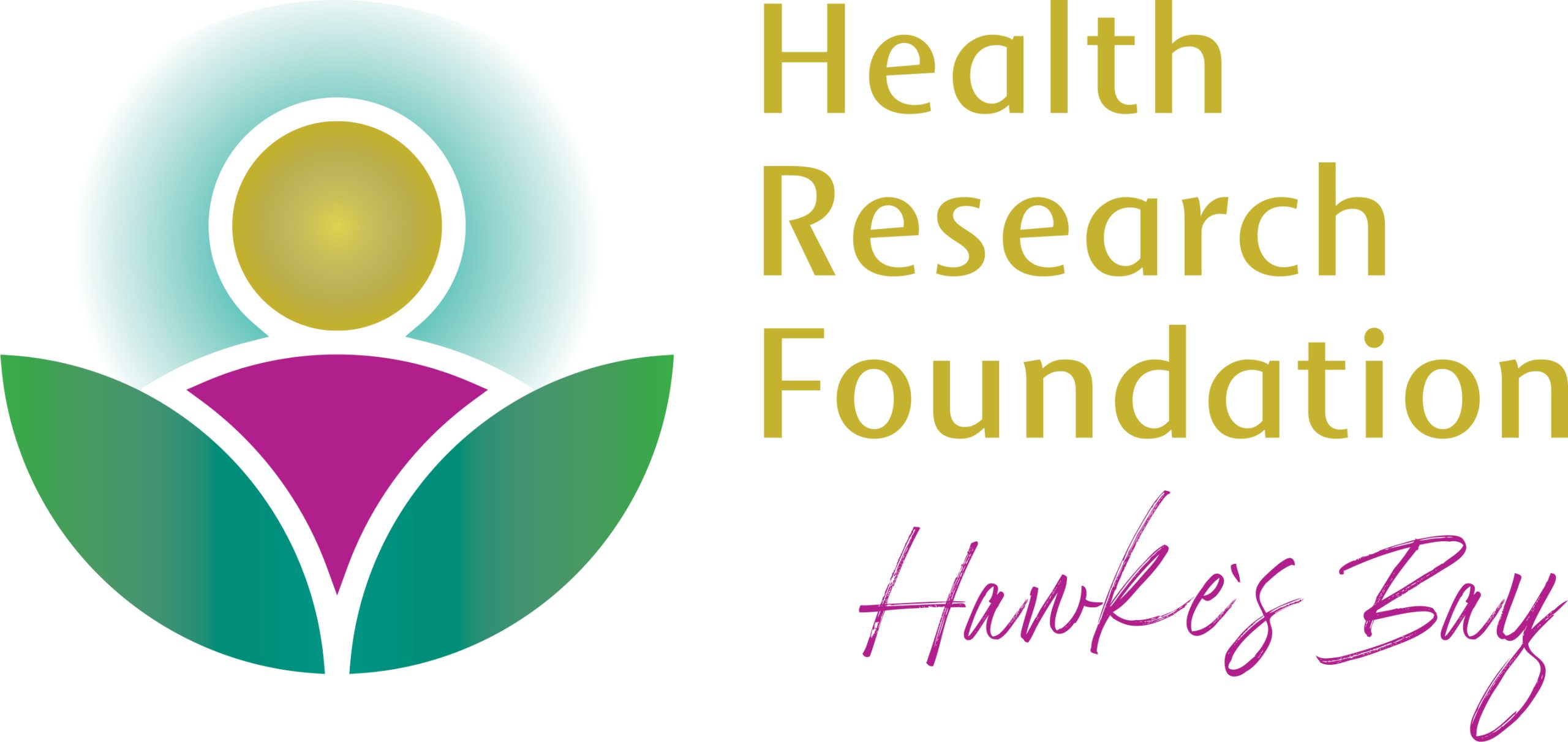Fighting fit, fighting fat! 
Shockingly, New Zealand now has the third highest obesity rate in the OECD, with one in three adults and one in ten children being obese. These rates are worse for Māori and Pacific people and those living in the most deprived areas.
Project Key Participants:
- Research funding came from HMBRF to support Dr Rachel Forrest’s work.
- Dr Rachel Forrest, Dr Sue Scott-Chapman, Lee-Anne Taylor, Donna Foxall, Maria Pearson are all lecturers at EIT, Hawkes Bay.
- Levi Armstrong is an EIT Bachelor of Recreation and Sport Graduate.
A patu is a weapon used by Māori warriors to attack and hit their enemies and to protect their whānau. PATUTM is a social enterprise business developed by Levi Armstrong (Ngāti Kahungunu) which provides an innovative approach to providing sustainable healthy lifestyle interventions within local communities. PATUTM is primarily based around providing group exercise that attacks physical inactivity and sedentary behaviours associated with poor Māori health by weaving high intensity interval training (HIIT) and healthy lifestyle education, with te reo me ōna tikanga Māori (Māori language and culture) to empower its participants (the PATUTM whānau) to make wise life-choices. In doing so PATUTM trains up warriors to fight the war against obesity and the occurrence of long-term illnesses such as diabetes, high blood pressure and asthma along with helping its whānau better manage these conditions.

A primary focus of PATUTM is increased activity promoting fat (hinu) loss as opposed to weight-loss. The funding provided by the HBMRF was used by Eastern Institute of Technology researcher (Dr Rachel Forrest, Dr Sue Scott-Chapman, Lee-Anne Taylor, Donna Foxall, Maria Pearson) to evaluate the Hinu Wero (Fat Challenge) approach being used by PATUTM and to further develop and a novel, image-based, culturally appropriate, holistic health and wellbeing assessment tool called the Meke Meter (Figure 1) created as a result of a project funded by the HRC-Māori Development Grant (Forrest et al., 2014). The first nine-week Hinu Wero was run in August – October 2014 and involved 66 participants. The programme successfully engaged over weight and obese Māori and for the third of participants who completed the final weigh in of the programme, reductions in body fat percentage, BMI and weight were observed. While two thirds of the participants did not attend the final weigh-in, a follow-up audit a year later revealed that 67% of the original participants were still attending the PATU gym regularly. The customary Māori practice of whanaungatanga (attaining and maintaining relationships) was identified as a key factor in continued attendance to PATUTM. PATUTM promotes whanaungatanga by engaging the PATU whānau in fun group activities (physical, social, and educational) and online social media, such as Facebook with PATUTM being perceived as a positive gang (Forrest et al., 2014, 2016).

Following the successful pilot, several Hinu Wero were run throughout 2015 with more than 300 individuals participating; the majority of which were obese Māori women. For those participants that completed a Hinu Wero (39%) reductions in waist and hip circumference, weight, body fat percentage, and body mass index were observed. Interestingly, further reductions did not occur if a second successive Hinu Wero was undertaken but the initial reductions were maintained. Thus the Hinu Wero is effective at engaging new whānau and starting them on their fat loss journey but additional strategies and support is required for continued fat loss. During the Hinu Wero the PATUTM whanau embraced the Meke Meter and the relationship between physical and psychological wellness is consistently highlighted. This is evidenced through the following PATUTM Facebook quote: “So I put a few hundred grams on but I knew that was gonna be the case, the thing that got me though was filling in the Meke Meter and the reality of how I feel in life, that’s the thing that needs to change before anything else can…” The Meke Meter is currently being developed as an app and extended as a way to link whānau into other services and resources they need.
Further research will include investigating factors that motivate Māori men to join group health initiatives and that improve participant adherence and promote continued fat loss.

